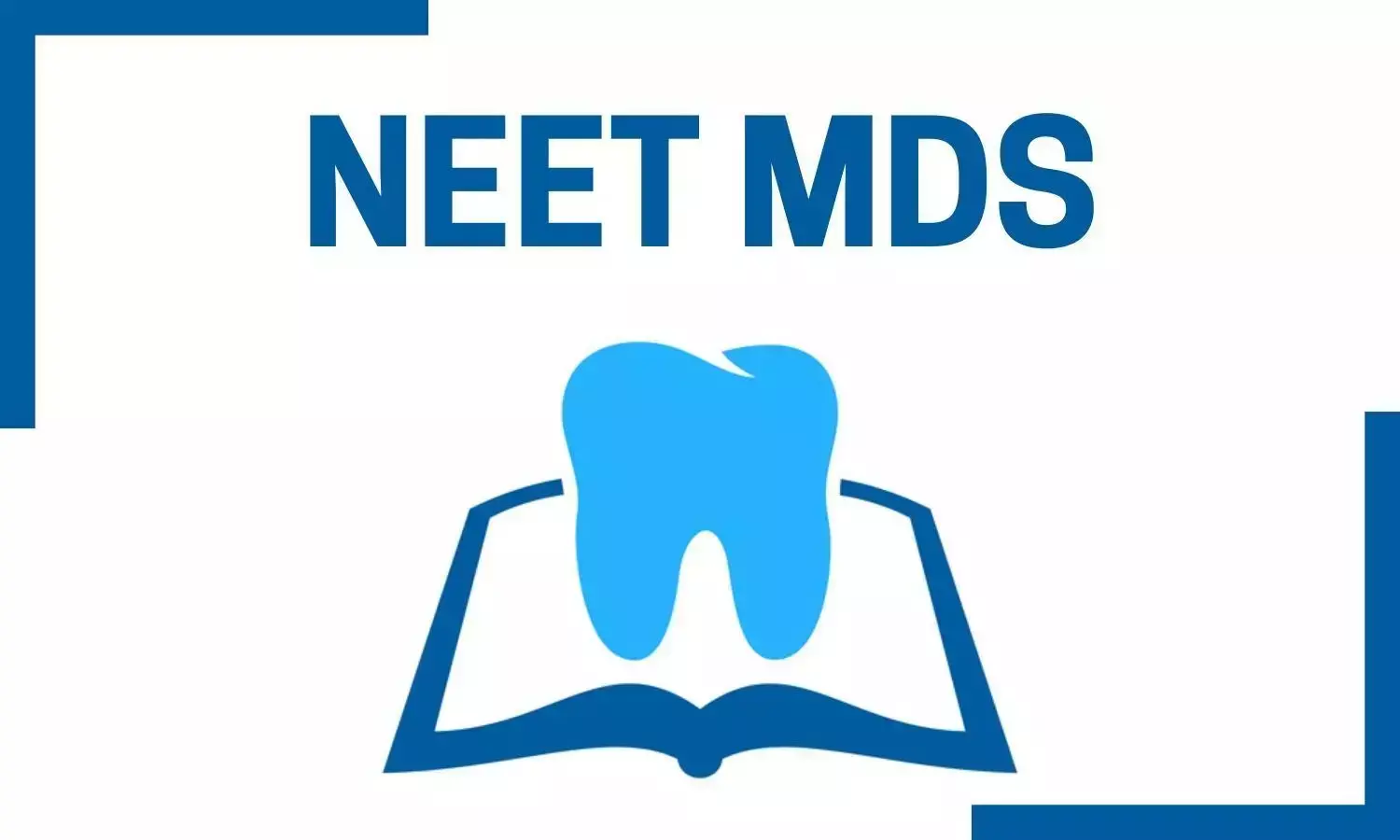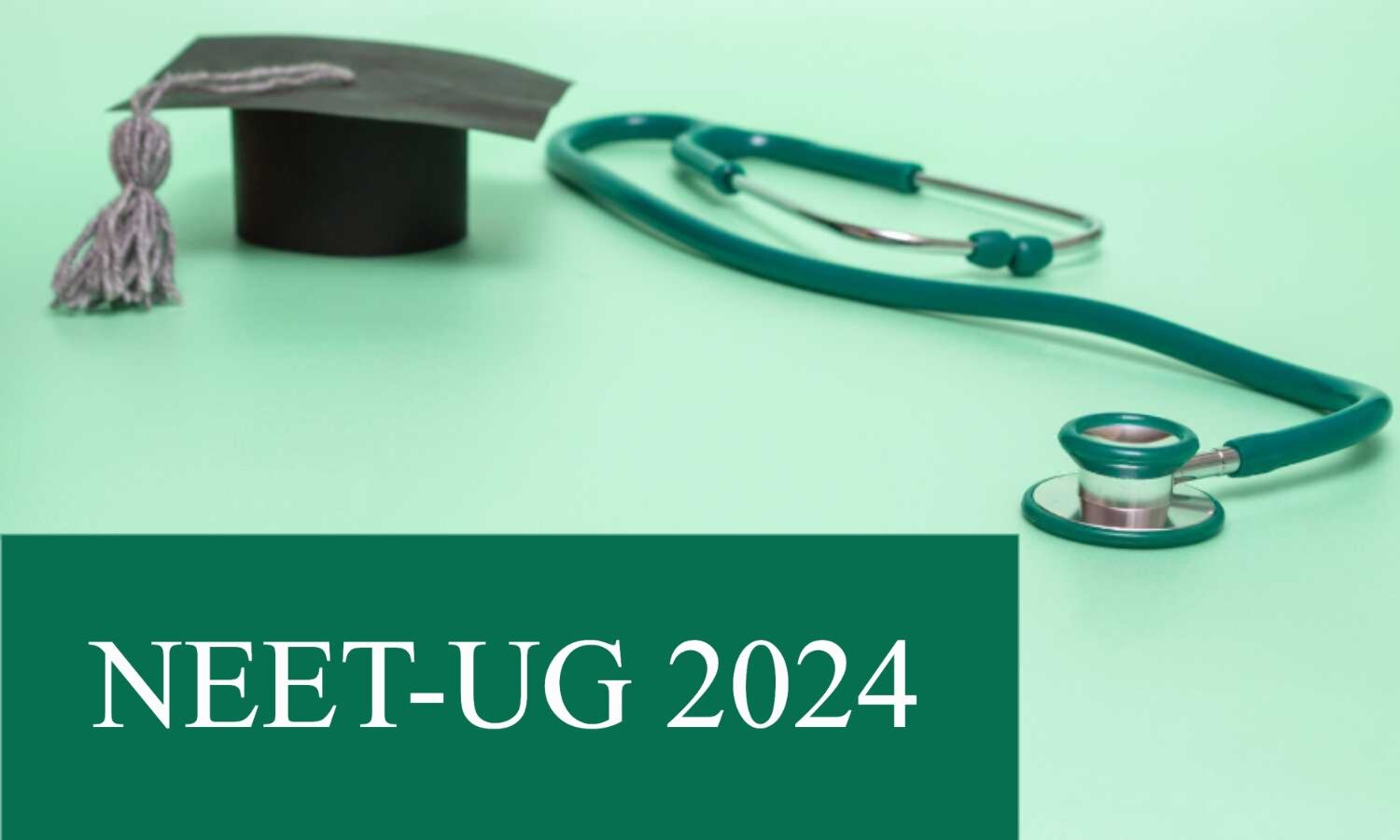NEET-MDS 2025 Question Paper : The National Eligibility cum Entrance Test for Masters of Dental Surgery (NEET-MDS) is a crucial examination for aspiring dental postgraduate candidates in India. Scheduled to take place in 2025, the NEET-MDS has undergone significant modifications aimed at enhancing the assessment process and ensuring a more robust evaluation of candidates’ skills and knowledge. This year’s examination introduces mandatory time-bound sections, a notable change that is expected to impact not only the examination format but also candidates’ preparation strategies.
The primary reason for these modifications is to streamline the examination process, thereby improving the reliability and efficiency of candidate assessment. By implementing time-bound sections, the examination body intends to simulate real-world scenarios where timely decision-making is critical. This alteration is designed to better prepare candidates for the demands of clinical practice post their postgraduate studies. Furthermore, the introduction of these sections reflects the evolving standards of medical education and the dental profession, where time management is essential.
In addition to enhancing candidate readiness, these changes are anticipated to influence the overall strategy that students will employ during their exam preparation. Prospective candidates will need to adjust their study plans to incorporate timed practice sessions, thereby refining their ability to quickly analyze and answer questions. As candidates familiarize themselves with the new structure, they may also develop critical skills in prioritizing questions and managing their time during the actual exam.
Overall, the changes introduced in the NEET-MDS 2025 aim to foster a more comprehensive assessment environment, promoting not only academic excellence but also practical readiness for future dental professionals. As 2025 approaches, candidates are encouraged to remain informed about these developments and adapt their preparation strategies accordingly.
Details of Mandatory Time-Bound Sections
The National Eligibility cum Entrance Test for Masters of Dental Surgery (NEET-MDS) 2025 introduces a pivotal shift with the incorporation of mandatory time-bound sections within its question paper. This adjustment is not trivial; it aims to assess candidates’ performance under conditions that simulate real-world clinical settings. The structured format of these sections is designed to enhance the examination’s ability to gauge not just the knowledge but also the time management skills of aspiring dental practitioners.
Each mandatory section of the NEET-MDS question paper will be allocated a specific duration, compelling candidates to respond within the designated time limits. This design mimics the frenetic pace one might encounter in a clinical environment, thus aiming to cultivate a sense of urgency and decisiveness. Moreover, these time constraints are reflective of the pressure faced in actual medical scenarios where timely decisions can significantly impact patient outcomes.
The marks distribution for these time-bound sections is methodically planned to ensure a comprehensive evaluation. These segments will likely comprise multiple-choice questions (MCQs) that cover various aspects of dental science. The questions posed will not only challenge candidates’ theoretical knowledge but also their practical understanding of clinical procedures and patient management. By analyzing a candidate’s responses within the stipulated time, evaluators will make more informed judgments about their preparedness for real clinical situations.
Additionally, these sections are integrated thoughtfully to align with essential topics from the dental curriculum, ensuring that the assessment remains relevant to the daily practices of emerging dental professionals. The aim is to produce graduates who are not just academically competent, but also proficient in navigating the intricacies of time-sensitive healthcare environments. This evolution in NEET-MDS signifies a forward-looking approach that is perceptibly designed to prime candidates for their future roles in the dental field.
Implications for Candidates and Preparation Strategies
The introduction of mandatory time-bound sections in the NEET-MDS 2025 question paper signifies a notable shift in the examination format, compelling candidates to adapt their preparation strategies significantly. This new approach is expected to enhance the examination’s rigor, thereby necessitating that students not only master the course content but also efficiently manage their time during both preparation and the actual exam.
To effectively adjust to this change, candidates should incorporate time management techniques into their study routines. One helpful strategy is the use of timed practice tests, which allows students to simulate the exam environment and improve their speed and accuracy. It is essential for candidates to analyze their performance in these tests critically, identifying areas where they may need to alter their learning focus or speed up their response times. Additionally, gradually decreasing the amount of time allocated for practice questions can help students adapt to the new requirements, building their proficiency in time-bound assessments.
In terms of resources, students should consider utilizing online platforms that offer NEET-MDS specific practice questions and mock examinations designed with the new time constraints in mind. Engaging with study groups can also foster a deeper understanding of the material, as well as offer opportunities for peer learning and motivation. Moreover, students might benefit from reviewing previous years’ question papers to discern patterns and familiarize themselves with the types of questions likely to be asked, while also accommodating the new timed nature of the exam.
Overall, the implications of these mandatory time-bound sections require a proactive approach in preparation strategies. Candidates who effectively integrate time management techniques with targeted study resources will be better positioned to navigate the challenges of the NEET-MDS 2025 exam successfully.
Expert Opinions and Recommendations
The recent introduction of mandatory time-bound sections in the NEET-MDS 2025 question paper has provoked significant discussion among educational experts and past qualifiers. Many educators assert that these changes will significantly influence how candidates prepare for this pivotal examination, potentially enhancing their time management skills and decision-making abilities during high-pressure situations. According to a prominent coaching institute, the ability to adapt to timed sections necessitates a strategic approach to study schedules and practice examinations.
Experts recommend early exposure to timed mock tests, emphasizing that candidates should simulate the exam conditions to improve their performance and reduce anxiety. This approach enables candidates to gauge their readiness, identify weak areas, and enhance their speed and accuracy under pressure. Furthermore, they suggest that incorporating time-bound practices into daily study routines can foster a sense of discipline and urgency, essential traits required for success on test day.
Feedback from previous NEET-MDS qualifiers indicates that those who embraced similar timed components in earlier formats had a competitive edge. A former exam candidate noted the importance of developing a focused strategy for each section, arguing that it is essential not only to understand the subject matter but also to manage the allotted time effectively. In doing so, candidates can maximize their scores and enhance their overall performance.
On a broader scale, educational experts are examining the long-term implications these changes may have on dental education in India. By fostering a culture that prioritizes efficient time utilization, the new structure could inspire modifications in curriculums and evaluation standards, ensuring that future dental professionals are adequately equipped to face the challenges of their profession. As the educational landscape evolves, adhering to these recommendations may prove crucial for aspiring candidates to thrive in an increasingly competitive field.





